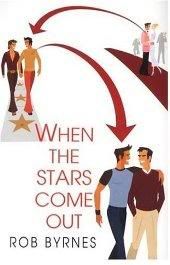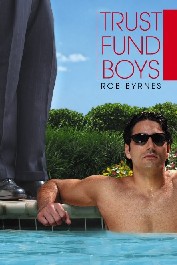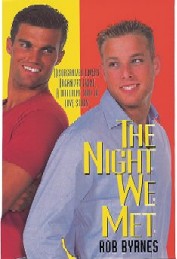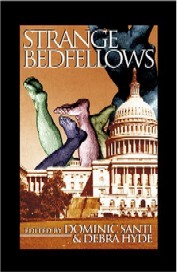GAWKER EXPLAINS IT ALL TO YOU
When it comes to astutely over-analyzing every frame of the final episode of The Sopranos, no one compares with Gawker's Alex Balk.
Before you waste another three days reading the message boards at Television Without Pity, consider this:
Journey, those balladeering power-pappers who defiled the ears of so many innocent victims throughout the eighties - an era in which Members Only jackets reached their sartorial apex - opened the decade with an album called "Departure." Departures, of course, is the magazine that Tony Soprano defiles in Dr. Melfi's waiting room. Waiting rooms are often considered a sort of limbo. Limbo, of course, is the First Circle of Hell in the Inferno, written by Dante. This could not be a more obvious reference to Silvio Dante, played by Steven Van Zandt, who, in 1985 penned the anti-apartheid tune "Sun City," the chorus of which contained the lines "We're rockers and rappers united and strong/We're here to talk about South Africa, we don't like what's going on." (Which are particularly atrocious.) Also, "I ain't gonna play Sun City." The sun (ORANGE) is a pretty obvious symbol of life; Chase is trying to say that, in the refusal to "play Sun City," Tony Soprano's character has rejected the apartheid that is his divided life between his family and his Family. "Family Guy," an animated comedy on Fox, blows. And there you have it: Tony Soprano is blown away at the end of the episode.I couldn't have said it any better myself. Mostly because I don't have nearly enough time on my hands. But bravo to Balk* for the best satire I've read in hours.
* -- Praise sincerely offered even though there hasn't been any Gawker linky goodness to this blog in months. Possibly because, in the interim, a new Managing Editor has come along and is making me pay for this; more likely not, and I'm merely no longer amusing.
Oh fuck... now I've made myself feel bad...
UPDATE: I should have read the Gawker-linked article first, although it takes nothing away from the brilliance of taking that over-analysis to its absurd extremes.








<< Home